How to write a compelling natural scientist resume
Natural scientists perform all sorts of crucial work dealing with the physical world – from chemistry and physics to biology and botany. To earn a position as a natural scientist, you will need a resume that captures not just your educational credentials but your hands-on work experience as well.
In this guide, we will teach you the 5 essential elements of an effective natural scientist resume. keep reading to learn about:
- Choosing the optimal resume format for your experience
- Capturing your best professional attributes in your resume summary
- Including both technical and interpersonal natural scientist skills
- Describing your work experience as a natural scientist
- Listing the proper educational credentials as a natural scientist
Still looking for a job? These 100+ resources will tell you everything you need to get hired fast.
1. Choose the optimal resume format for your natural scientist resume
When applying for jobs within a scientific field, there are two main options to choose from: the reverse-chronological resume or the Curriculum Vitae.
The reverse-chronological resume is a one-page resume that focuses primarily on work experience. With this format, you will list your most recent position first and work backward chronologically from that point. This type of resume is great for applicants who have adequate formal work experience in natural science – be that in the form of paid positions or university assistantships.
Additionally, the reverse-chronological resume works well for applicants who hold a Bachelor’s degree and are applying to low to entry-level positions within the field.
The Curriculum Vitae – or CV – is a longer form resume that consists of multiple pages detailing an applicant’s entire professional and academic history. This type of format is best for experienced Natural Scientists who are applying for high-level positions within both science and academia.
In the CV, an equal amount of emphasis is placed on education as on work experience, with often a fair amount of overlap between the two. A CV will also contain additional sections such as publications, professional associations, and awards.
Choose your preferred template and make your resume shine.
2. Capture your best professional attributes in your natural scientist resume summary
A resume summary is a brief introductory statement that starts off your resume. In this summary, you can describe your experience in the field, academic credentials, professional goals, or whatever else you find compelling about yourself as an employee.
The key to writing an effective resume summary is to write a statement that showcases your most impressive professional experiences and attributes. To help illustrate this concept, we have included an incorrect example below, followed by a correction and explanation.
Incorrect natural scientist resume summary example
Natural Scientist grad student with several years of hands-on experience working in botany labs. Researched a new plant fertilization method that resulted in major increases in crop production while also lessening environmental impact. Helped to publish findings in an official scientific journal.
Why is this incorrect?
In this example, the applicant is a recent graduate who makes up for a lack of formal work experience with many years of experience as a lab assistant at their university. While the details they included are useful for showing their scientific talent, they lack the specificity and context needed for this summary to impress employers.
Corrected natural scientist resume summary
Driven Natural Scientist with a specialization in botany and crop fertilization methods. Recently graduated with honors with an M.A. in Plant Biology and Pathology from Oklahoma State University. Served as a laboratory assistant for 4+ years at the university, assisting in the development of a new plant fertilization study that was later published in a major scientific journal.
Why is this correct?
In this corrected example, the applicant provides much clearer details regarding their educational background and academic experience working as a lab assistant. They use this assistant position to show both their dedication and hands-on experience, stating the exact number of years they worked for the university. When discussing the accomplishment of helping with a major scientific study, the applicant offers clear context and describes the accomplishment concisely.
3. Include both technical and interpersonal natural scientist skills
The skills you include on your resume can help to not only give a better overview of you as an employee but also to fill in any gaps left by your work experience and education section.
When including skills on your resume, it is important to list both technical and interpersonal skills to show employers your full range of abilities. Technical skills refer to your abilities and expertise gained through education and training, while interpersonal skills refer to your ability to work with other people and understand the world around you.
Here are 10 technical skills and 10 interpersonal skills that look great on a natural scientist’s resume:
The best technical skills to put on your natural scientist resume
- Knowledge of laboratory instruments & equipment
- Specialized knowledge (botany, chemistry, etc.)
- Interpreting test results
- Scientific research processes
- Project management
- Sample & data collection
- Data analytics
- Lab safety standards
- Scientific ethics
- Conducting experiments
Effective natural scientist interpersonal skills for your CV
- Critical thinking
- Collaboration
- Precise written communication
- Verbal communication & public speaking
- High-level comprehension
- Active listening
- Leadership
- Problem-solving
- Creativity
- Detail-oriented
4. Describe your natural scientist work experience effectively
Your work experience section on your resume is where you can really let your hands-on experience and accomplishments shine.
As a professional scientist, there is a high likelihood that your academic experience and professional work experience overlap. Despite this overlapping, it is still essential to have a work experience section that is separate and distinct from your education section.
Rather than listing internships, lab assistantships, or any other university-related positions you may have held, treat these as formal work experience entries instead if you lack experience outside of the university. Your education section should be reserved for detailing your degrees and academic achievements.
Here is an example of a work experience entry from a natural scientist resume:
North Carolina State University, Raleigh, NC
Natural Sciences Lab Assistant
August 2019 to May 2021
- Worked directly with Dr. Palmer, a professor and senior researcher at the university, to conduct experiments and collect key data points.
- Co-authored a scientific report detailing the hypothesis, experiment process, findings, and analysis of a major university research project examining methods for reducing surface runoff pollution on campus.
- Supervised undergraduate students during laboratory sessions, ensuring all safety standards were met and maintained.
5. List the proper educational credentials as a natural scientist
How you list your education on a natural scientist resume will largely depend on which format you use.
In the case of the CV, your education section will have its own separate page dedicated entirely to your academic history including publications, accomplishments, teaching credentials, and much more. As for the reverse-chronological resume, you should aim to keep the education short and sweet.
Regardless of which format you are using, you should always include the following information:
- The name of your degree(s)
- The certifying institution(s)
- The date(s) of graduation
Other good information to use in your education section includes graduation honors and specializations.
Here is an example of a well-crafted education section on a natural scientist resume:
University of Central Florida, Orlando, FL
Ph.D. in Integrative and Conservation Biology
- In progress, Expected date of graduation: 2022
Lincoln University, Jefferson City, MO
M.S. in Natural Science
- Specialization: Conservation Biology
- Graduated: 2018, Summa Cum Laude
Lincoln University, Jefferson City, MO
B.S. in Natural Science
- Graduated: 2016

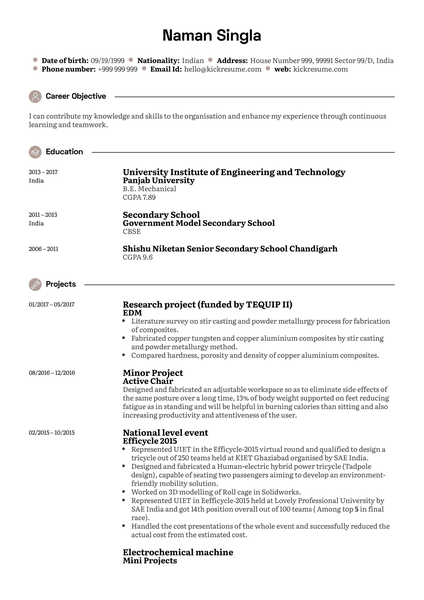
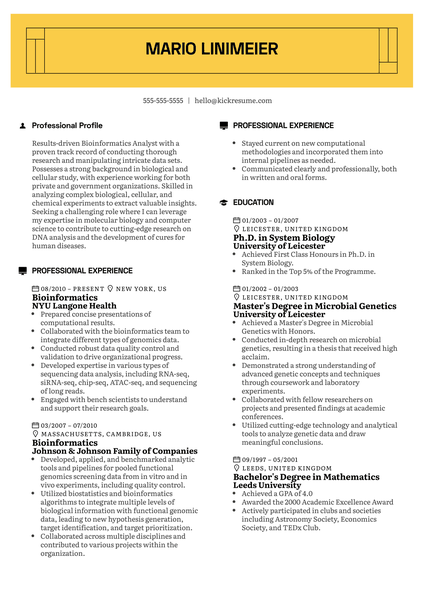
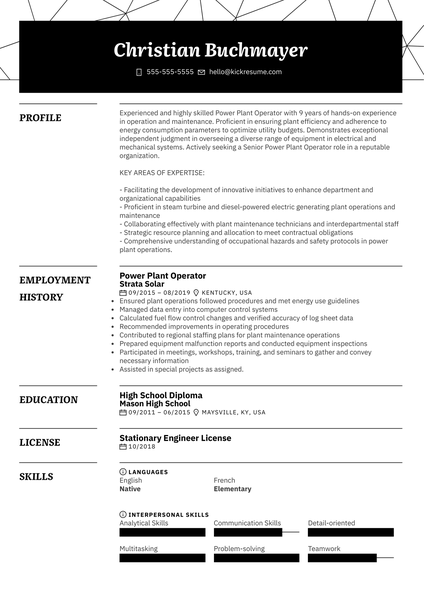

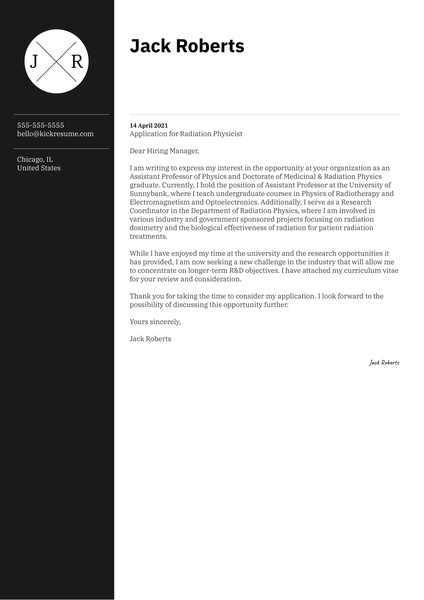

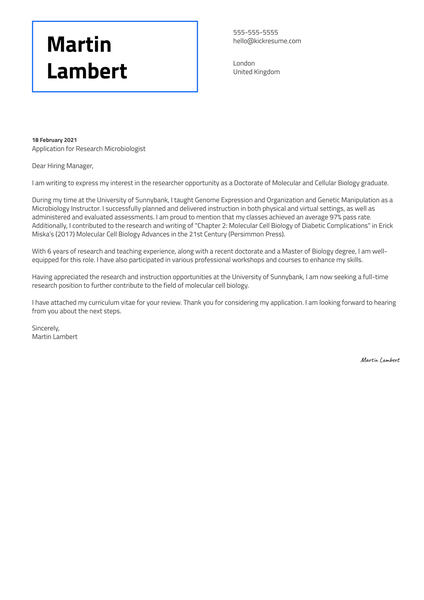
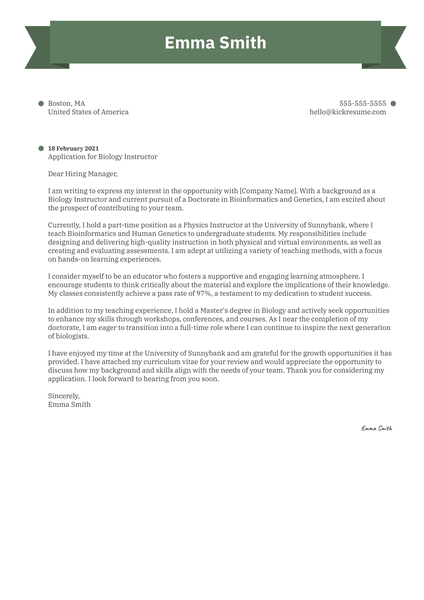

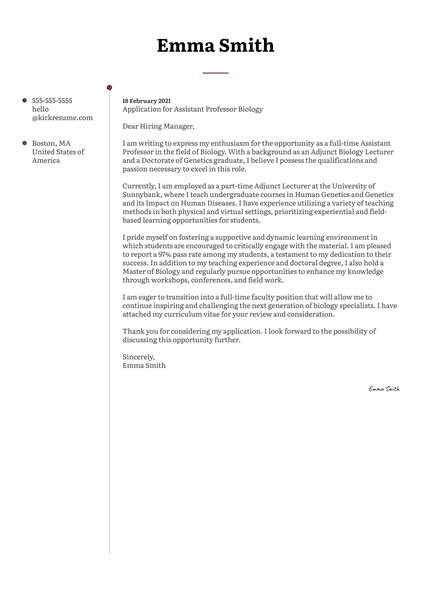
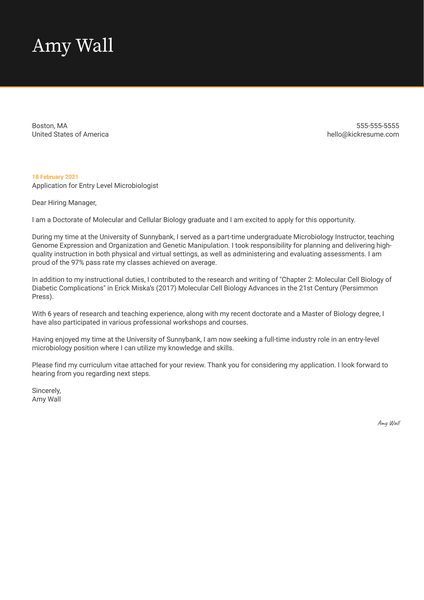
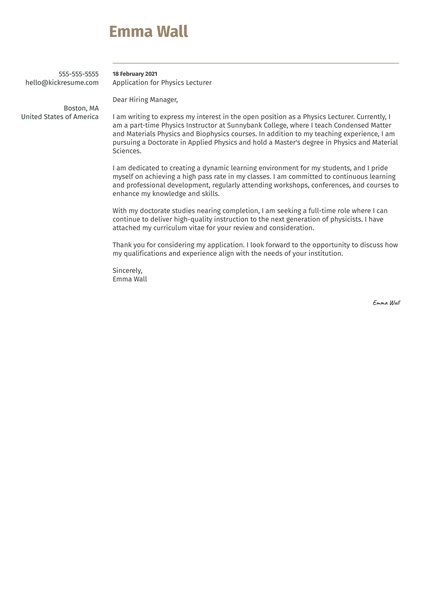
![How to Write a Professional Resume Summary? [+Examples]](https://d2xe0iugdha6pz.cloudfront.net/article-small-images/i-Profile.svg)
![How to Put Your Education on a Resume? [+Examples]](https://d2xe0iugdha6pz.cloudfront.net/article-small-images/i-Collage-Universities.svg)
![How to Describe Your Work Experience on a Resume? [+Examples]](https://d2xe0iugdha6pz.cloudfront.net/article-small-images/Experience.svg)


